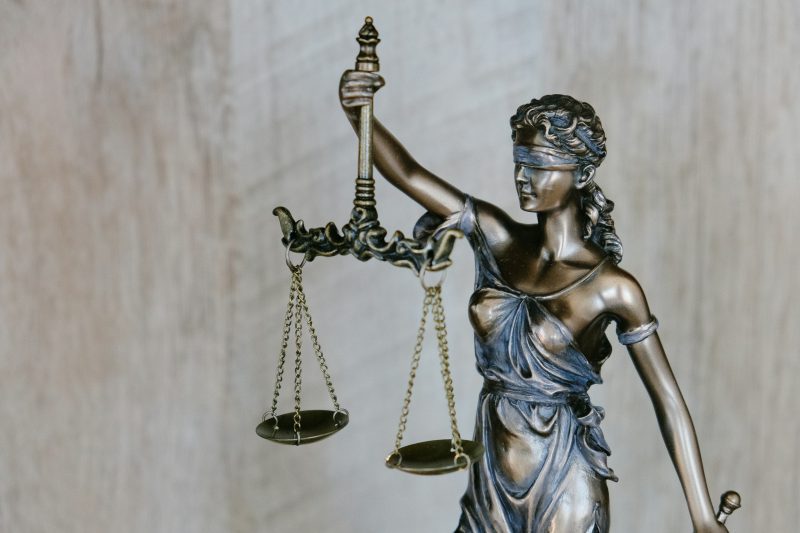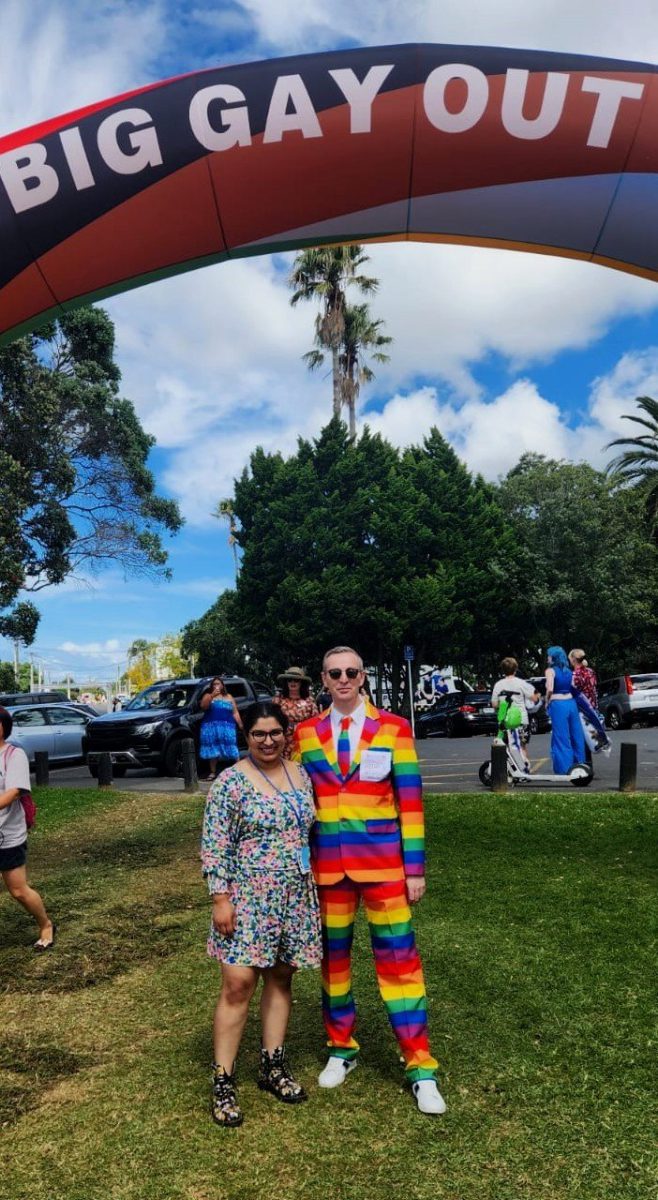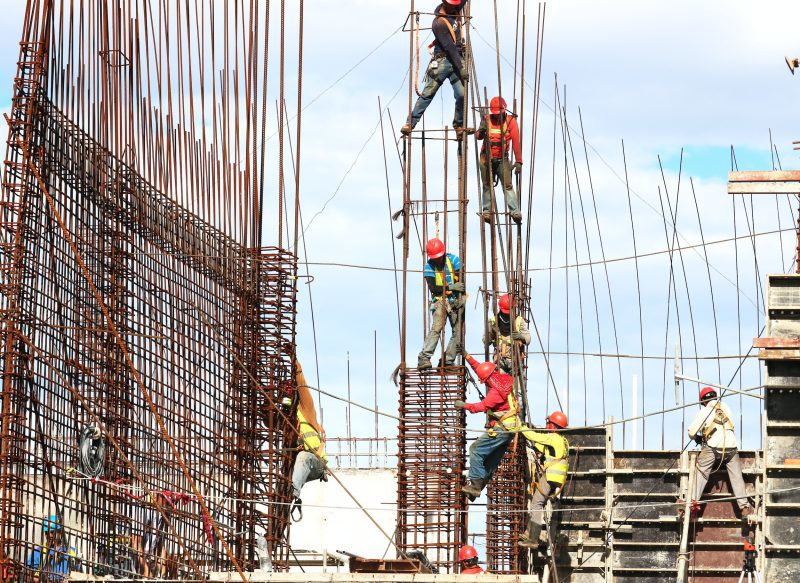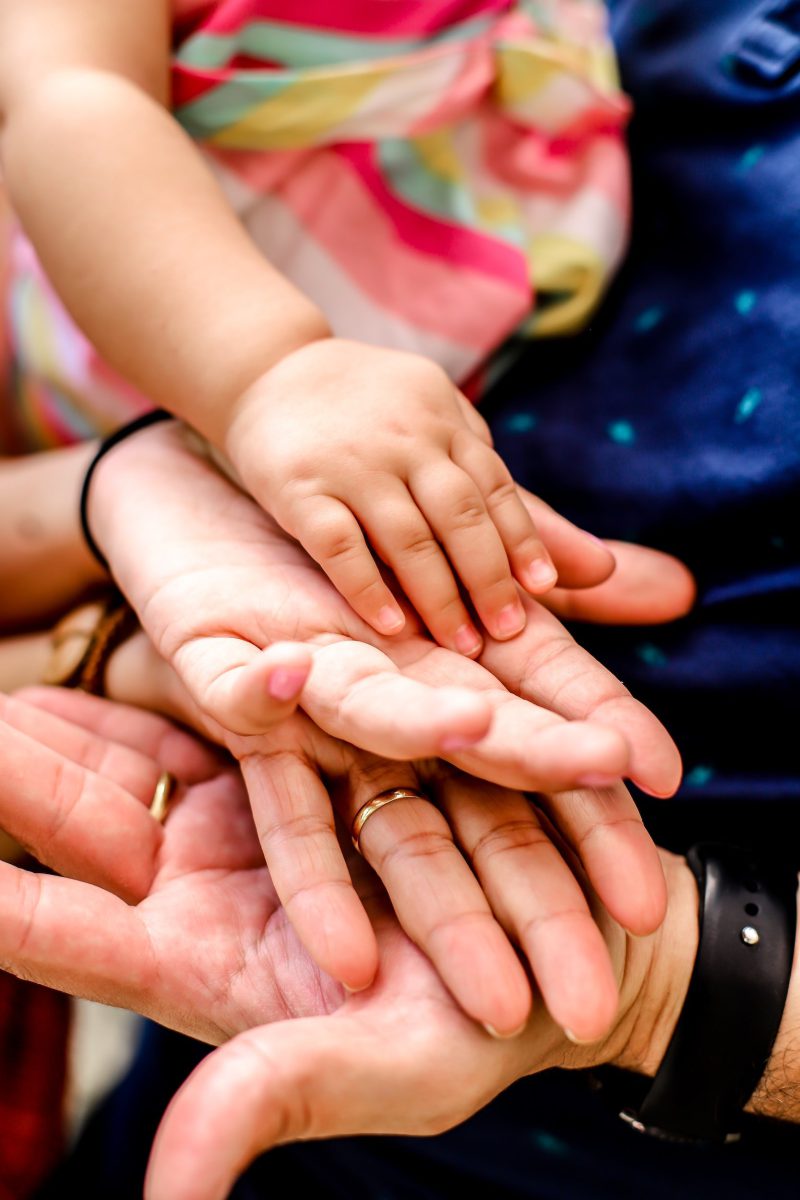Part Two: Claiming asylum in New Zealand – Definition of Refugee
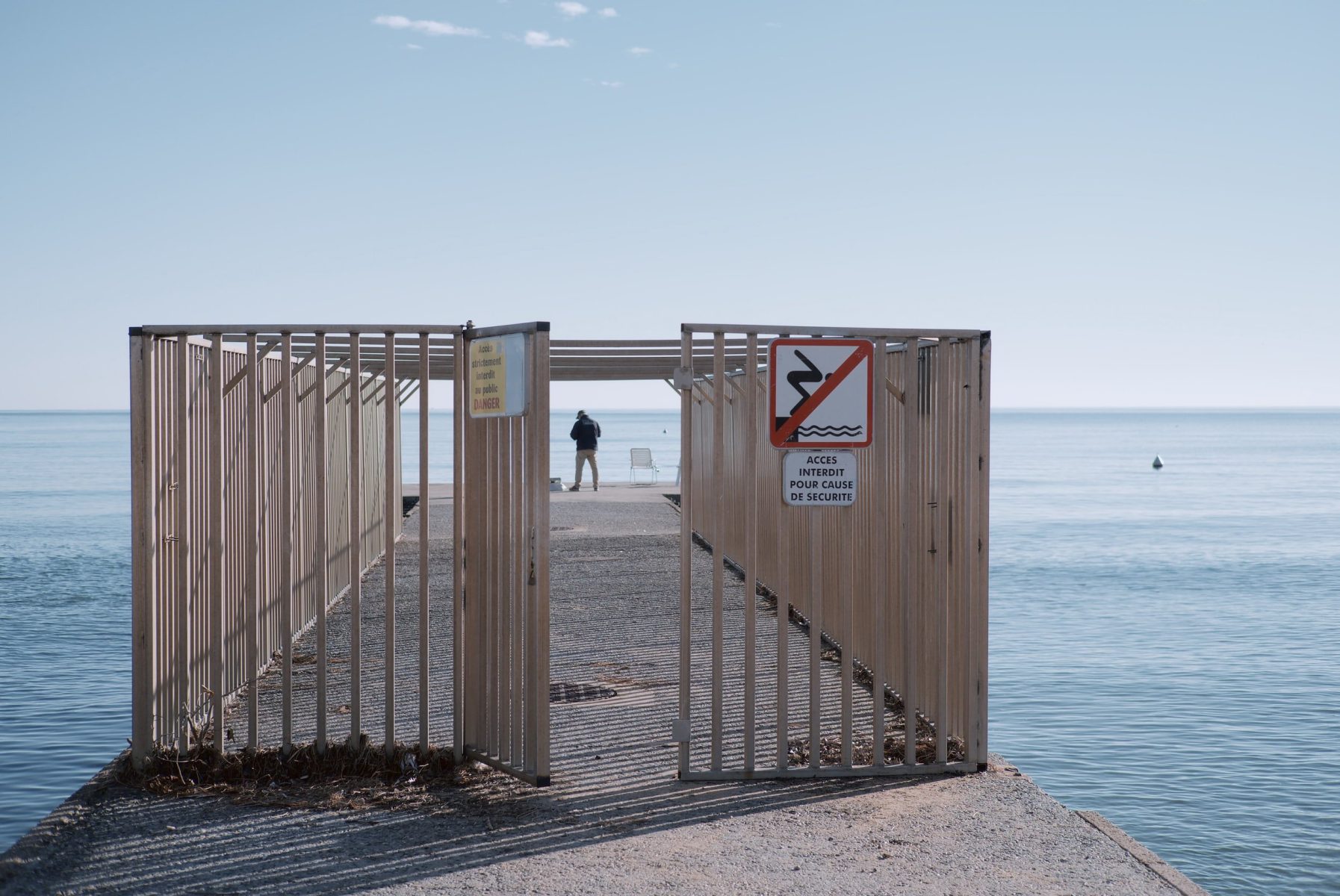
In our last blog – https://www.dslaw.nz/news/whatisrefugeestatusnz – we discussed that to be recognised as a refugee in New Zealand, you must be assessed to meet the definition of a refugee as described in the Refugee Convention. Here, we are going to unpack that legal test to help explain what that means in real life.
It is perhaps simpler to start with the grounds for the claim. That is, why you are claiming asylum. To be a recognised refugee you must face persecution because of one of the 5 reasons provided in the Convention: race, religion, nationality, membership of a particular social group or political opinion. Except for “membership of a particular social group”, the rest should be self-explanatory.
Membership of a particular social group has been recognised to include persecution on the grounds of gender (including being a woman), gender identity (including transgender, non-binary), sexual orientation (including perceived sexual orientation). It is a ground that is constantly evolving so if you do not fit one of the other 4 convention reasons, you may still be recognised as a refugee under the heading of “membership of a particular social group”.
You must then show that you face persecution because of one of the 5 convention reasons noted above. That is for example you face persecution because of your religion e.g., because you are a Christian who is a citizen of a country where such religion is forbidden, and people are imprisoned or tortured because of it.
The persecution you say you face must also be “well-founded”. That means in the most general terms (meaning that this is not the specific legal test) you need to demonstrate through some evidence that the persecution you say you will face is possible or likely.
Finally, you need to show that you are unable to get protection in your country from the persecution you face. That could be for example because it is the police you fear and there is no alternative way to get protection due to widespread corruption. Again, this is just one example, there are other reasons why someone is unable or unwilling to get protection in their home country related to the persecution they face.
In our next instalment we will discuss protected person status as an alternative to refugee status.
